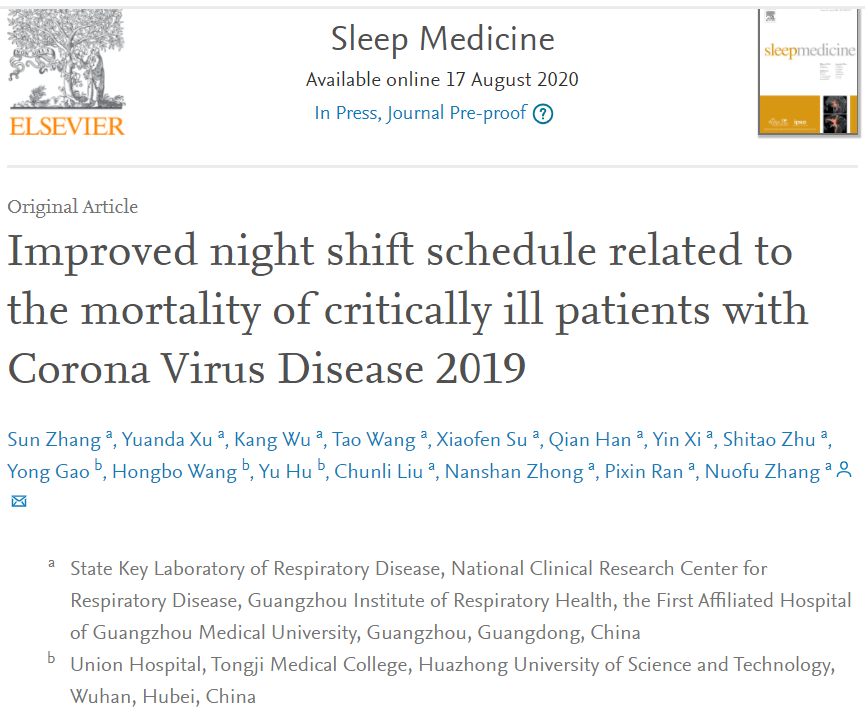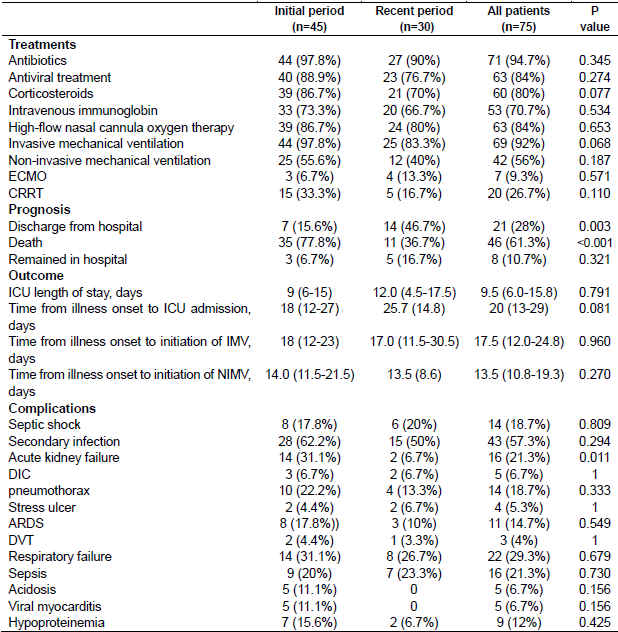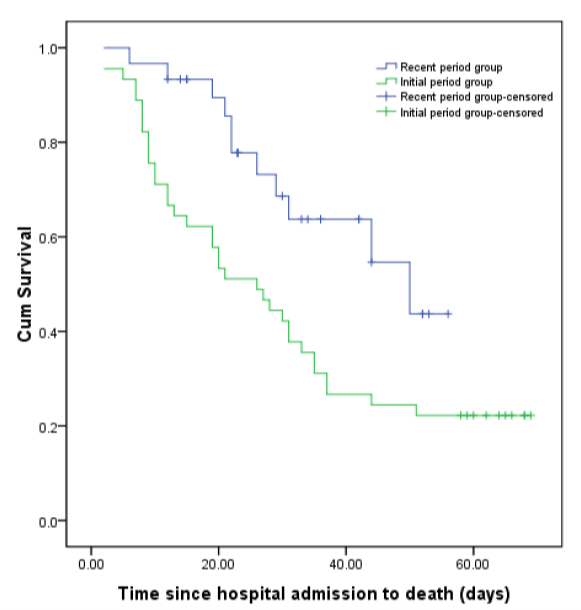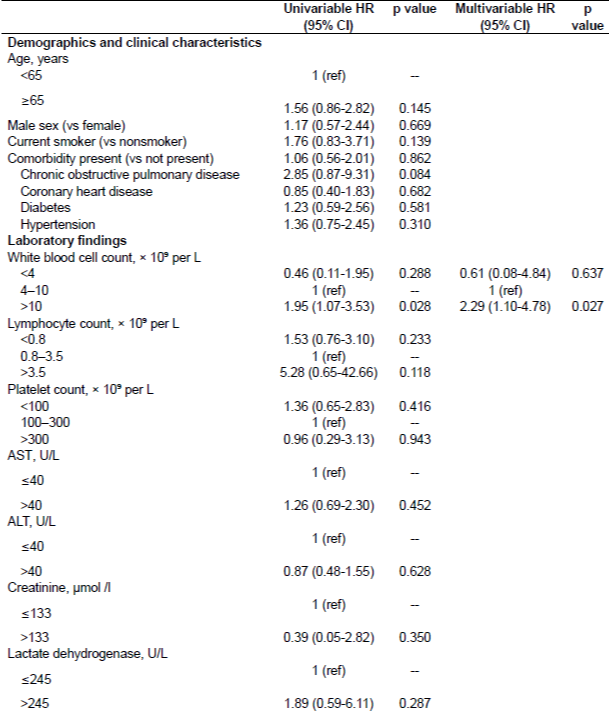The Influence of “Improved Night Shift” Schedule on the Mortality of Critically Ill Patients with COVID-19
2020-08-171106On August 17th, 2020, Academician Nanshan Zhong’s research team of Guangzhou Institute of Respiratory Health published a research paper “Improved night shift schedule related to the mortality of critically ill patients with Corona Virus Disease 2019” on SLEEP MEDICINE. Professor Nuofu Zhang from Guangzhou Institute of Respiratory Health is the corresponding author of the paper, and Sun Zhang, a doctoral student of 2019 at Guangzhou Medical University, is the first author of the paper.

In the early stage of the outbreak of the COVID-19 pandemic, the lack of medical staff is one of the greatest difficulties faced by medical institutions at various levels. The overloaded work intensity has a strong impact on the physical and psychological health of medical staff. In addition, frequent shift work disrupts the continuity of treatment. On February 2nd, 2020, under the leadership of Professor Nuofu Zhang, the medical team of Guangzhou medical University (hereinafter referred to as the “medical team”) to assist Wuhan went to the ICU area of the west hospital of Wuhan Union Hospital and started their support work. When they first arrived at Wuhan, all medical staff started their work in a four-day cycle according to the “three shifts” system, namely, from 8am to 4pm on the first day, from 4pm to 12pm on the second day, and from 12pm to 8am on the third day, and then taking another day off. Soon, the medical team faced the problem of staffing shortages and discontinuous treatment.
Under the guidance of Professor Nuofu Zhang, the medical team started implementing the new night shift schedule on February 10th, 2020, for doctors who are skilled in emergency technique or doctors with extensive first aid experience, they only need to work during the day (from 9am to 6pm) instead of night shift. Meanwhile, the night shift schedule of other doctors is changed to the “four shifts” system, that is, working from 8am to 2pm on the first day, from 2pm to 8pm on the second day, from 8pm to 12pm on the third day, from 12pm to 8am on the fourth day, and then had two days off. This research compared the survival of critically ill patients with COVID-19 before and after new night shift schedule and analyzed the impact of the reform on the mortality of patients. The results showed that the mortality of patients dropped from 77.8% to 36.7% (see Table 1) after the implementation of the new night shift schedule. Further analysis with the multivariate COX regression model found that the mortality of patients is 2.85 times higher before the implementation of the improved night shift schedule (95% confidence interval is 1.29-6.29) (see Table 2).
This research results suggested that the night shift schedule of medical staff is closely related to the mortality of critically ill patients with COVID-19. Scientific and reasonable night shift schedule can not only guarantee the continuity of treatment, but also improve the psychological and sleep status of medical staff, so as to improve the overall quality of the medical treatment and lower the mortality of patients. What’s worth to be noted, since the effect was significant after the implementation of the new night shift schedule, this schedule was widely promoted by experts from the National Health Commission in the medical team after the mid to late March.

Table 1 Treatments and Outcomes of Critically Ill Patients with COVID-19
Note: Initial period refers to be hospitalized before the implementation of the improved night shift schedule, and recent period refers to be hospitalized after the implementation of the improved night shift schedule

Figure 1 Survival of Critically Ill Patients with COVID-19

Table 2 Risk Factors Associated with In-Hospital Death
Original link: https://www.sciencedirect.com/science/article/pii/S138994572030366X?via%3Dihub
















